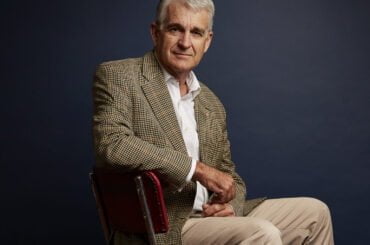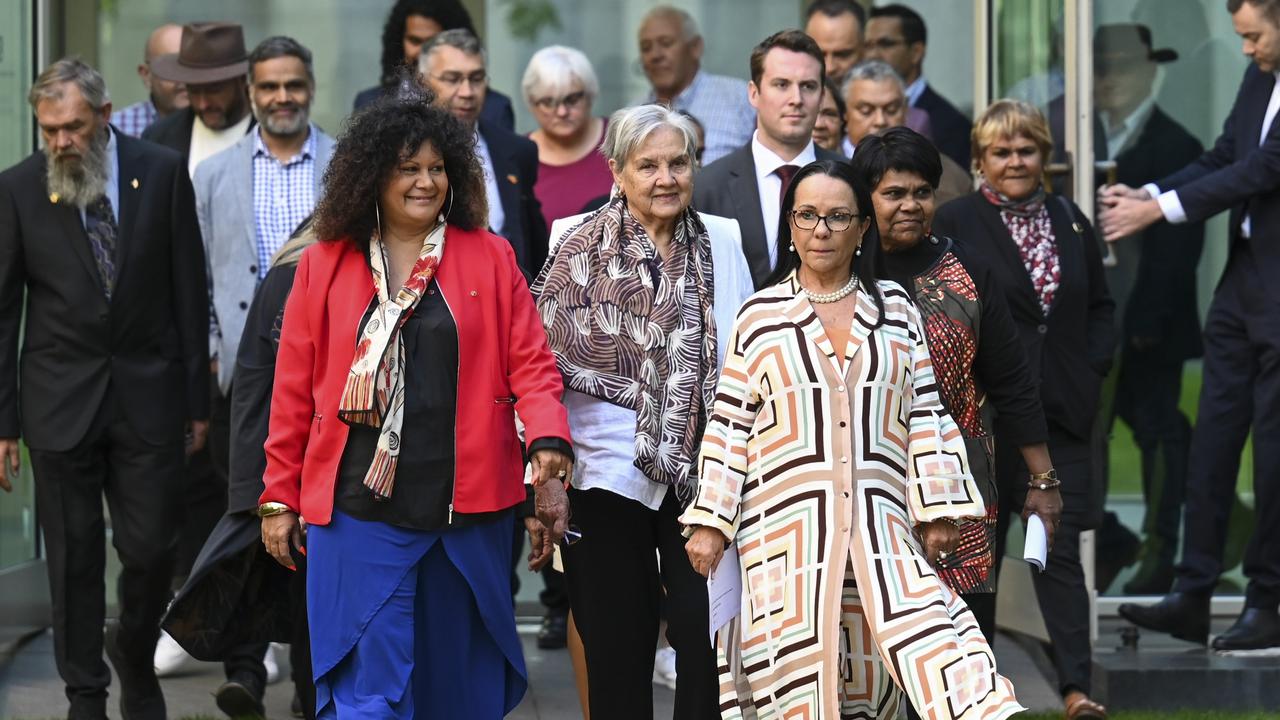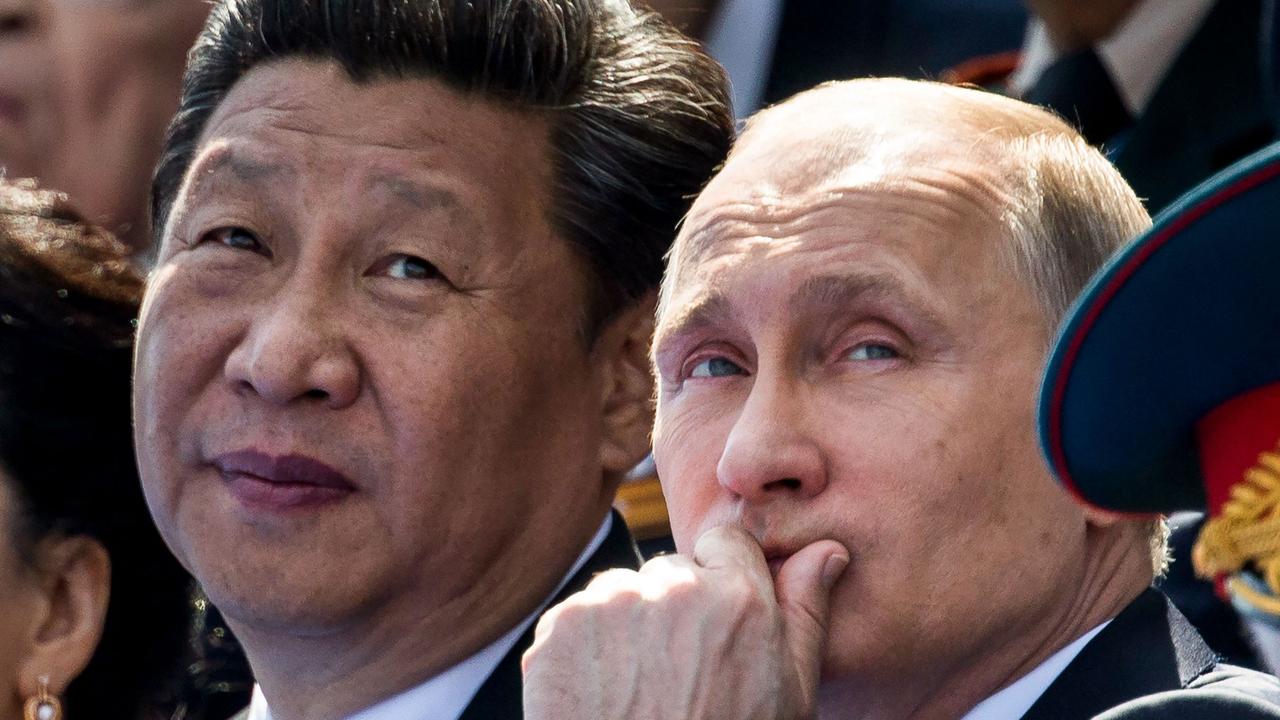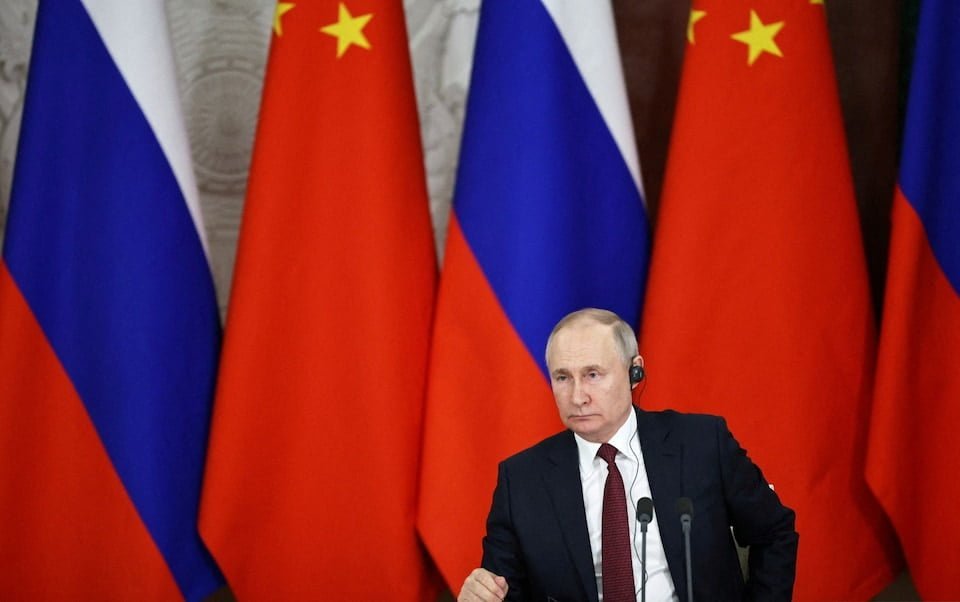
Identity politics has turned Kennedy’s advice on its head
Just about everyone agrees that economic reforms are needed in Australia. But they have become almost impossible to undertake, even when they are clearly in the broader national interest.
Why? Is it because appeals to the broader, community-wide common good no longer resonate very strongly? Modern "identity politics" leads us to look inwards rather than outwards, to our own perceived needs rather than to the "commonweal".
Reversing our culture’s golden rule – that we should do unto others as we would have them do unto us – encourages fragmentation.
President Kennedy’s famous challenge to Americans to "ask not what your country can do for you; ask what you can do for your country" has been turned on its head. Identity politics, with its emphasis on victimhood, encourages people to focus on their individual or tribal grievances. They then insist that they are entitled to look to their country (in the end their fellow citizens) to address those grievances.
In an age where social media turbocharges our ability to draw attention to ourselves, everyone paints themselves as having special needs and is unfairly treated. Presidents and duchesses alike find benefit in crying out that they have been victimised. Worse, maintaining that victimhood seems critical to gaining, and then maintaining, power.
Such a reversal of our culture’s golden rule – that we should do unto others as we would have them do unto us – encourages a self-centredness and fragmentation that is proving devastating for the harmony and cooperation that has undergirded Western democracy, and the economic performance that has given us such prosperity and opportunity.
There are so many tribes that consider themselves in need of attention and help, that there is no one left to carry the burden of meeting those needs. The irony is that many people do have real needs, and should be offered a helping hand. The measure of a civilised society is surely found in the way it looks after the disadvantaged and less fortunate. But it needs the wherewithal to be able to do so.
Good economic management is not about a "sweet set of numbers", it is about good outcomes for people. Constant adjustments – reforms – have always been needed to keep our economy vibrant and healthy enough to meet the reasonable hopes and expectations of our citizens. History confirms the value of reform in our own country.
Valuable reforms
The opening up of our economy in the Hawke and Keating era made us a more prosperous people. The floating of the dollar and tariff reforms were not easy, but they were achieved and no one would unwind them.
Two other major, hard-earned but valuable reforms have improved the circumstances of citizens. One was the introduction of the GST 20 years ago; it is an extraordinary contemplation that it was probably the last time there was a truly full-blooded, hard-fought national debate that resulted in a big improvement in national economic management.
The other was the "asset recycling" election fought by the then premier Mike Baird in NSW, in which he proposed selling publicly-owned assets to pay for new public assets such as roads and hospitals.
It is important to look at how and why these two reforms were won. Both of them were, interestingly, fought out in the context of elections. In both cases, the heightened focus on the policy options of the opposing parties meant that voters knew that they had to make choices. In both cases, there were people who genuinely felt that they might be losers. In both cases, the proposed reforms had been the subject of much debate over a long period, and opponents lacked a compelling and positive alternative.
Most important was that the case for change was led by "conviction politicians". John Howard plainly believed in tax reform, and the electorate, possibly without great enthusiasm, gave him the nod in the 1998 election. It may even be that the careful development and persistent argument for a difficult policy actually secured electoral victory for the Coalition in a close-run campaign.
Baird’s government was travelling better than Howard’s when it went to an election with a tough reform proposal, but again conviction backed by compelling and persistent argument won the day. Voters were well aware that Baird believed in his policy because he plainly meant it when he said it wasn’t worth being in government unless he could make a difference.
This latter point is very important. We know that the electorate is very distrustful. The perception that people in positions of power and influence, and politicians, in particular, are more interested in power than doing the right thing is now running at corrosive levels. The powerful lesson to be drawn from these reforms is that the Australian people will, even in this cynical age, both recognise and respond to authentic conviction.
It is impossible to extract good policy out of a bad, or truncated, or silenced debate. Good debate may well be very heated, and at times may even cause some offence but I have come to believe that the greatest threat to the West, Australia included, lies in our inability to conduct the reasoned, civil discourse that is the only way to find the right way through the challenges that face us. We can learn much from the increasingly rare but important moments when we’ve done better.
Originally published in AFR
Original Article






